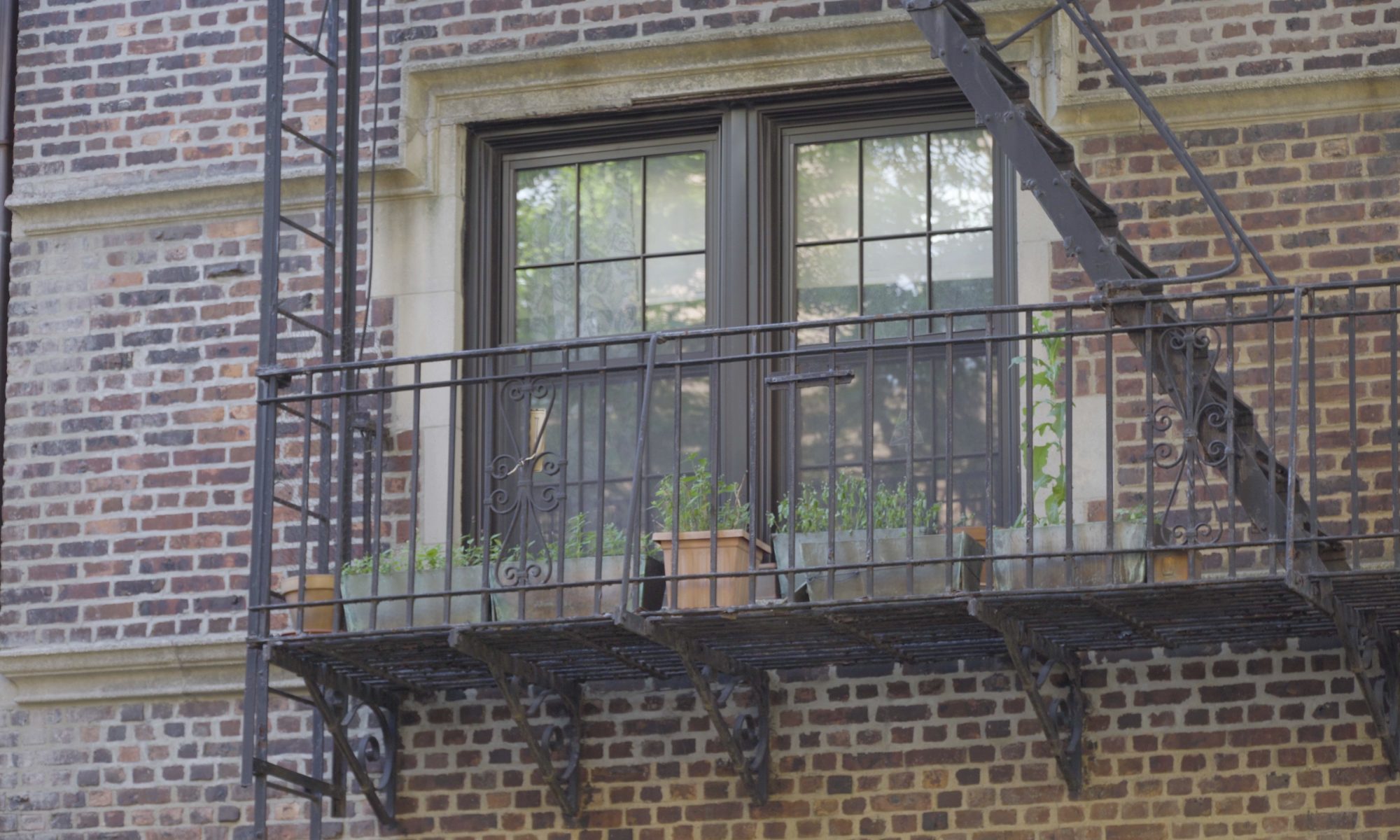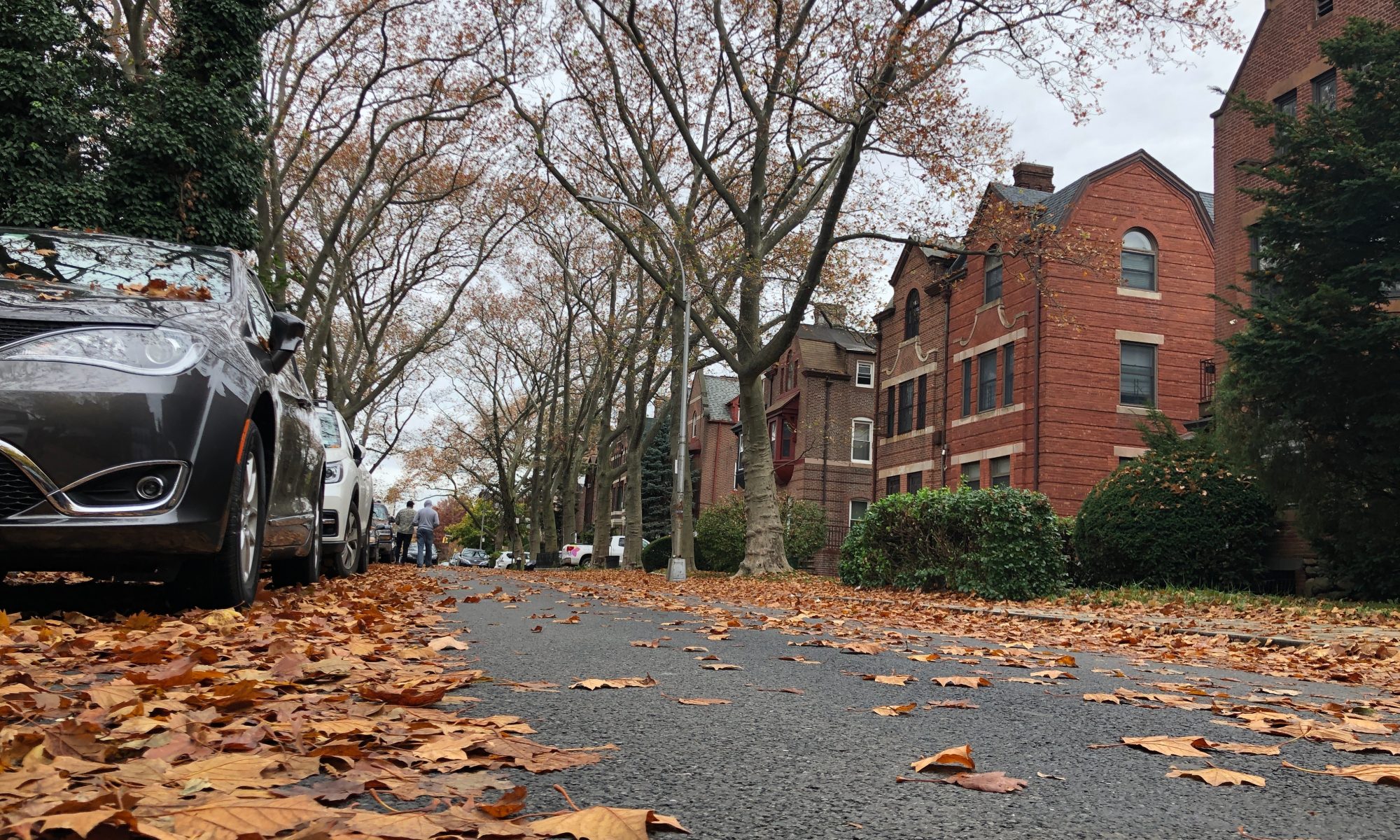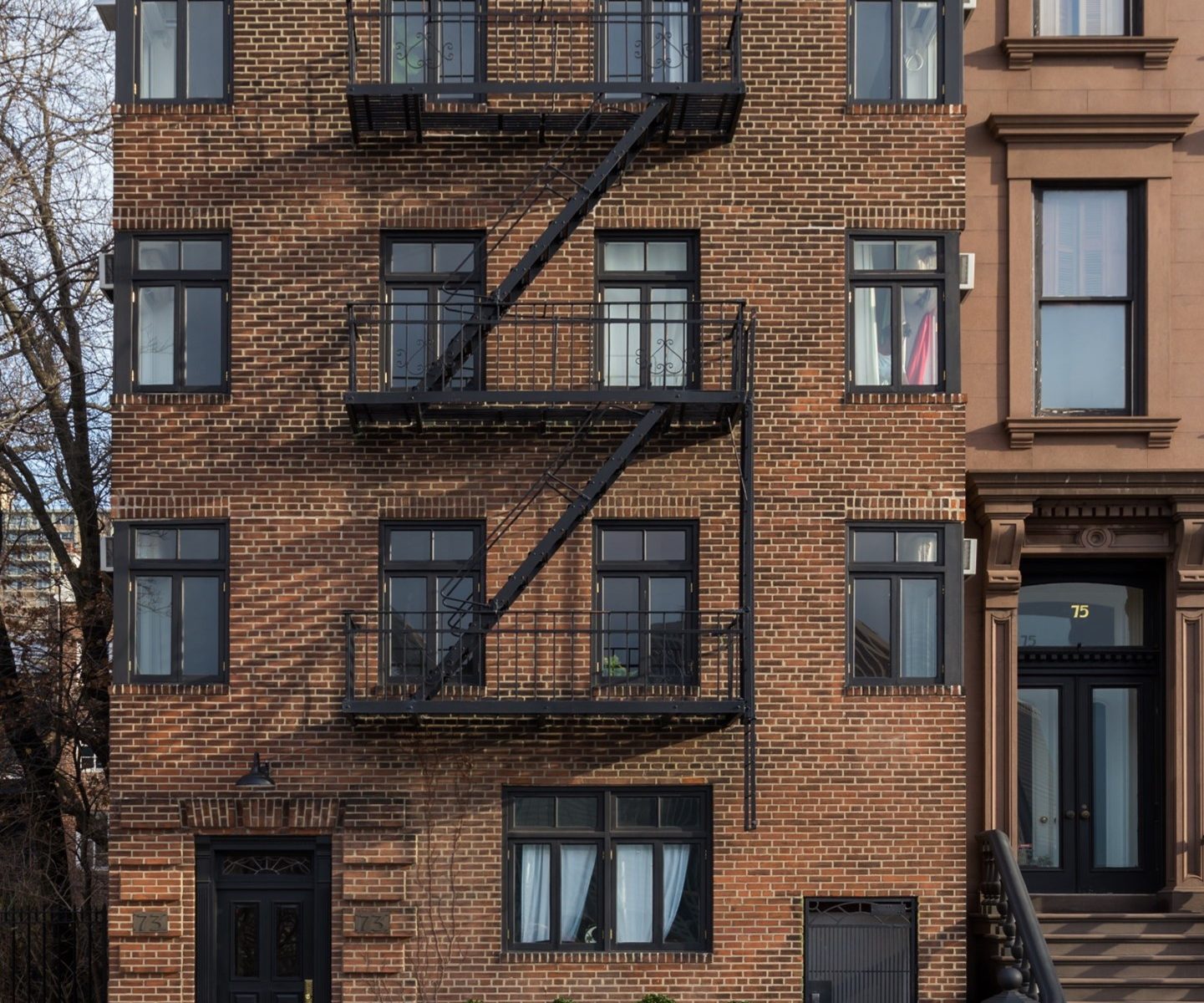Listen on Spotify, Apple, YouTube or wherever you get your podcasts.
In Episode 24, we discuss a case where a landlord sued a tenant for eviction in Queens Housing Court. The tenant had no lawyer. The tenant signed a stipulation (an agreement) that included waiving some important rights. The stipulation was never presented to the judge for the judge to explain the agreement to the tenant. Later, the tenant got the assistance of a Legal Aid lawyer. Legal Aid came in and moved to vacate the stipulation, to cancel it. The judge vacated the stipulation, specifically because the stipulation was never presented to the judge for the judge to explain the agreement to the tenant.
We also tackle the question – Why is housing law so complicated in New York? Why do people know so little about their rights? And what can we all do about it?
Links:
Ask us your questions at [email protected].










